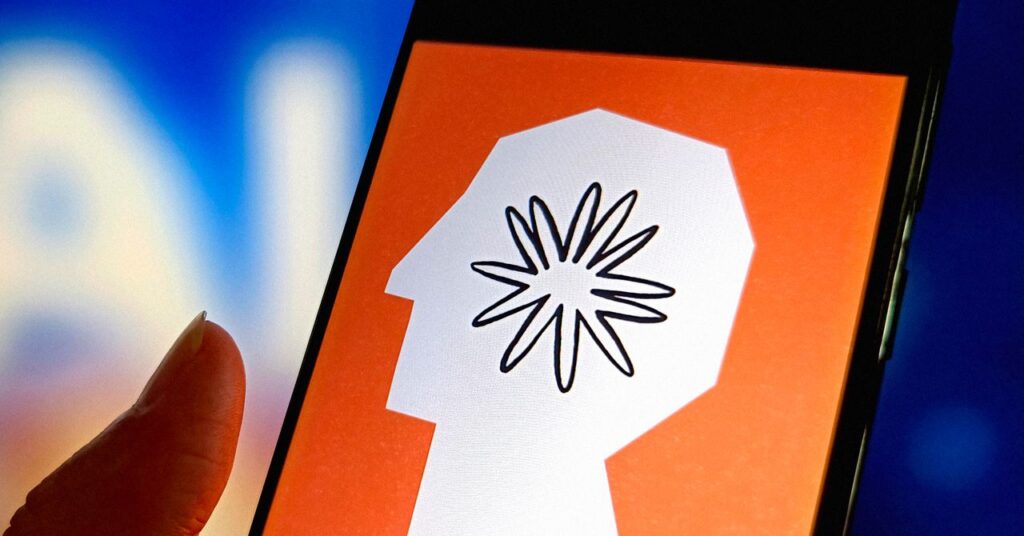Anthropic Settles AI Copyright Dispute, Pledging $1.5 Billion Minimum to Authors

Anthropic has reached an agreement to pay a minimum of $1.5 billion to resolve a lawsuit filed by a collection of authors claiming copyright infringement, amounting to roughly $3,000 for each work. In a court filing on Friday, the plaintiffs highlighted that the settlement terms are “critical victories” and that proceeding to trial would have posed an “enormous” risk.
This class action settlement marks the first case in the United States addressing AI and copyright, potentially influencing how regulators and creative sectors tackle the legal issues surrounding generative AI and intellectual property. As per the settlement agreement, the class action will encompass around 500,000 works, with the possibility of this figure increasing as the list of infringed materials is finalized. For every additional work identified, the AI company will allocate an extra $3,000. The plaintiffs are expected to provide the court with a final compilation of works by October.
“This groundbreaking settlement exceeds any previous copyright recovery known. It represents a first in the AI era. It ensures significant compensation for each class work and sets a standard that mandates AI companies to compensate copyright holders. This settlement conveys a strong message to both AI firms and creators that utilizing copyrighted works from these pirated websites is unacceptable,” stated colead plaintiffs’ counsel Justin Nelson from Susman Godfrey LLP.
Anthropic is not admitting any negligence or liability. “If today’s settlement is approved, it will resolve the plaintiffs’ outstanding legacy claims. We remain dedicated to developing safe AI systems that empower individuals and organizations to enhance their capabilities, foster scientific advancements, and tackle complex challenges,” said Anthropic’s deputy general counsel Aparna Sridhar in a statement.
The lawsuit, initially filed in 2024 in the US District Court for the Northern District of California, is part of a broader trend of copyright litigation against technology companies regarding the data utilized to train AI systems. Authors Andrea Bartz, Kirk Wallace Johnson, and Charles Graeber contended that Anthropic built its large language models using their works without authorization, breaching copyright law.
In June, senior district judge William Alsup ruled that Anthropic’s AI training fell under the “fair use” doctrine, which permits certain unauthorized uses of copyrighted material. This ruling was favorable for the tech company but came with a significant condition. In gathering materials for its AI training, Anthropic had depended on a collection of books that were pirated from so-called “shadow libraries,” inclusive of the infamous LibGen, and Alsup determined that the authors still have the right to take Anthropic to trial in a class action for pirating their works. (Anthropic asserts that it did not train its products using the pirated works, having chosen to purchase copies of the books.)
“Anthropic downloaded more than seven million pirated book copies, paid nothing, and retained these pirated versions in its library even after deciding not to use them for AI training (either now or in the future). Authors maintain that Anthropic should have compensated for these pirated copies. This ruling supports their claim,” wrote Alsup in his summary judgment.
